On this day 22nd january in british history.
On This Day 22nd January in British History
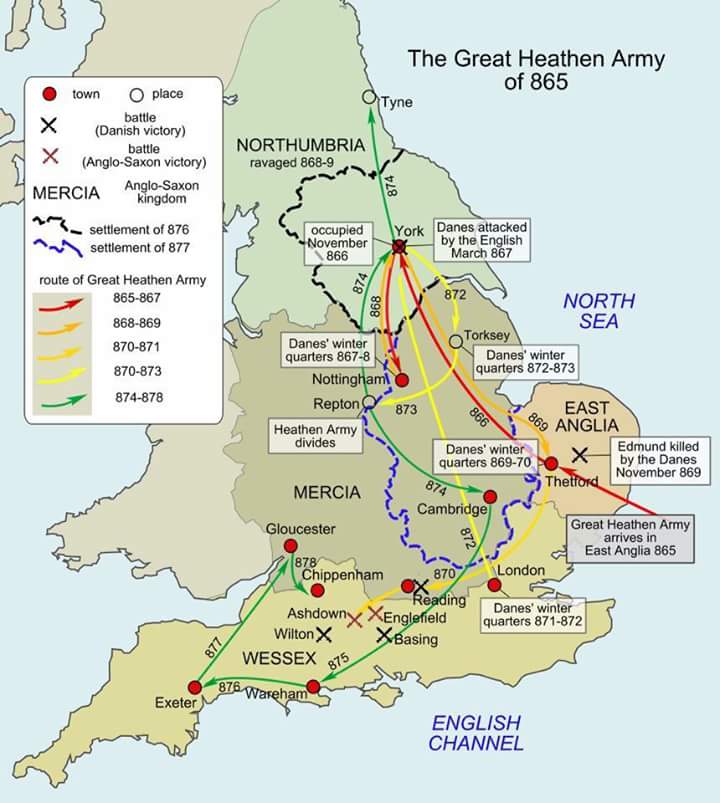
~871 Battle of Basing: The West Saxons led by king Æthelred I are defeated by the Danelaw Vikings at Basing.
~1552 The birth of Walter Raleigh, English poet, soldier, courtier, and explorer (d. 1618).
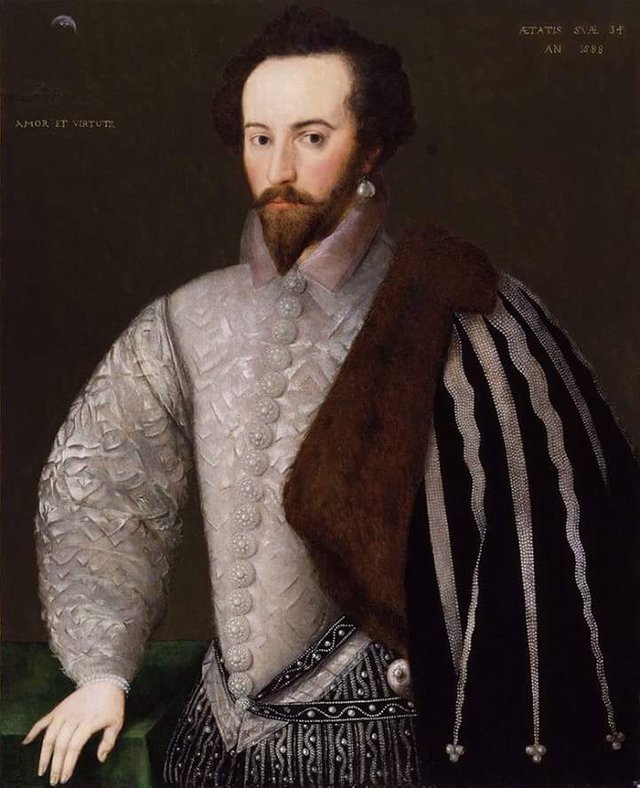
~1561 The birth of Francis Bacon, Viscount St. Albans. He was a statesman, a lawyer, a philosopher, an essayist and Lord Chancellor of England. Some even claim that he was the real author of Shakespeare’s works.
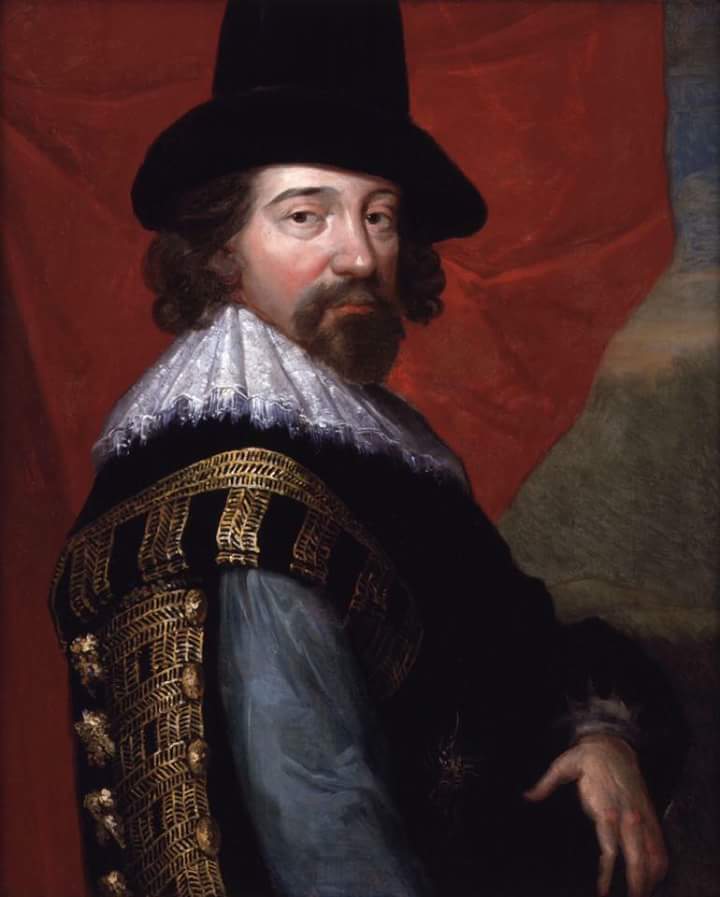
~1719 William Paterson, Scottish financier and co-founder of the Bank of England, died.
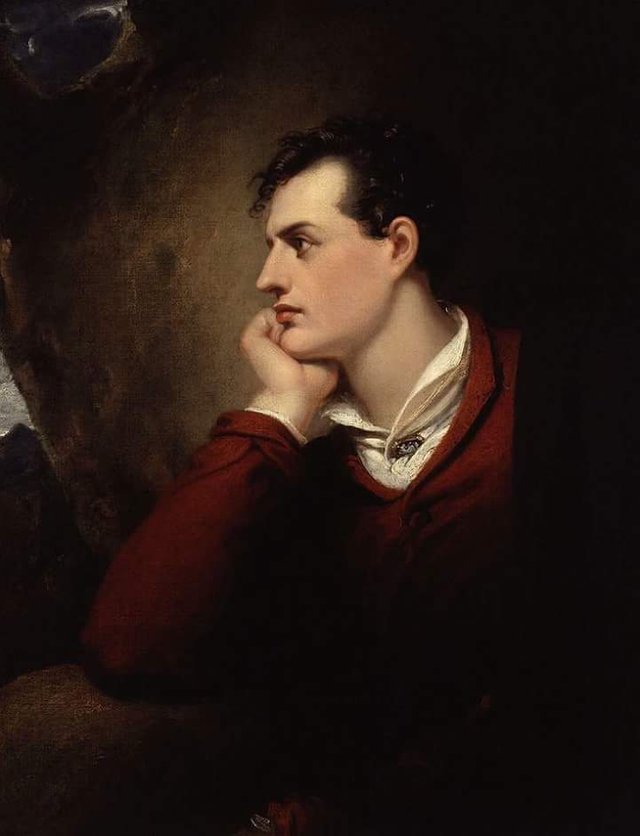
~1771 Port Egmont in the Falkland Islands was ceded to Britain, by the Spanish.
~1788 The birth, in London, of the poet George Gordon Byron, better known as Lord Byron.
~ 1879 The Battle of Isandlwana during the Anglo-Zulu War results in a British defeat, and The Battle of Rorke's Drift, also during the Anglo-Zulu War and just some 71km away from Isandlwana, results in a British victory. Both battles happened on the same day of 22nd January. At the Battle of Rorke's Drift, which lasted until 23 January, two British officers, Lieutenants John Chard of the Royal Engineers and Gonville Bromhead, and 150 British and colonial troops fought off attacks of more than 4,000 Zulu warriors. Eleven Victoria Crosses were awarded to the defenders, along with a number of other decorations and honours. The battle was immortalized in the 1964 film Zulu, starring Michael Caine. In 1923 the Havard Chapel at Brecon Cathedral became a War Memorial to the South Wales Borderers (the 24th Regiment of Foot) as they served with such distinction and the regiment's colours have been preserved for posterity in purpose built Perspex cases.
~1901 Queen Victoria died, aged 81, at Osborne House on the Isle of Wight. At the time, her reign was the longest in British history, spanned 63 years and saw the growth of 'an empire on which the sun never set'.
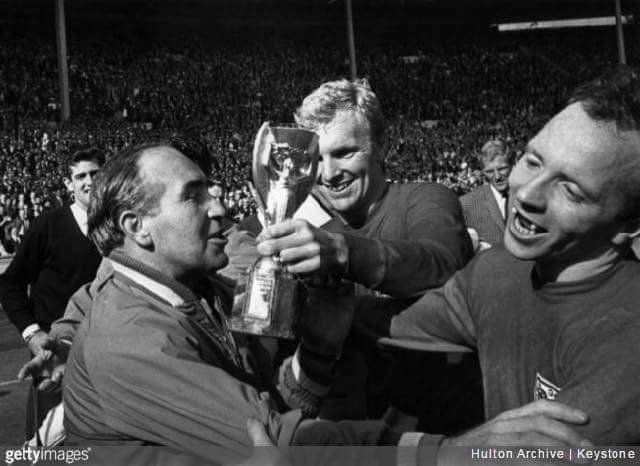
~1902 Marconi carried out his first radio transmission experiments, transmitting from the Lizard, Cornwall, across the water to St. Catherine’s on the Isle of Wight.
~1920 The birth of Sir Alf Ramsey, football manager of England when they won the 1966 World Cup. He was knighted in 1967 in recognition of England's World Cup win the previous year.
~1924 Stanley Baldwin resigned as British Prime Minister at the end of an unsuccessful election and the new Labour Party had their first Prime Minister, Ramsay MacDonald.
~1927 The first live radio commentary of a football match anywhere in the world, between Arsenal F.C. and Sheffield United, at Highbury.
~1941 World War II: British and Commonwealth troops captured Tobruk from Italian forces during Operation Compass.
~1955 Joe Davis recorded the first official maximum snooker break of 147 in an exhibition match at Leicester Square Hall
~1959 Mike Hawthorn, English race car driver and one-time F1 world champion died, aged 29, in a road accident on the A3 bypass near Guildford driving his British Racing Green Jaguar 3.4-litre car. What happened on that day is still unknown.
~1962 The ‘A6 Murder’ trial began, the longest murder trial in British legal history. James Hanratty was accused of murdering Michael Gregston at a lay-by near Bedford. The trial finally ended on 17th February 1962 with Hanratty sentenced to hang, despite his protests of innocence and disquiet amongst some observers of the trial.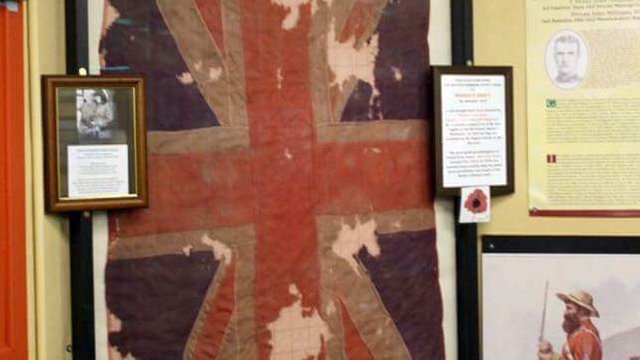
~1972 The United Kingdom, the Irish Republic and Denmark joined the Common Market.
~1992 Rebecca Ridgway became the first woman to row around Cape Horn in a canoe. The expedition began on 8th January in Chile & the 200 mile expedition, through the Beagle Channel to Cape Horn Island, was directed by her father, ex -transatlantic rower John Ridgway.
@cleverbot
Are you a boy or a girl?
Im boy
What makes you say that?
Okay
I am not ancient.
Okay
But you don't know about Sherlock Holmes.